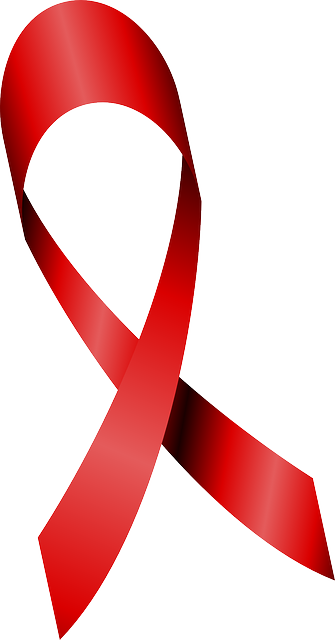Most people understand the risks associated with addiction to mental health. Although drug abuse also damages physical health, one overlooked consequence of addiction is sexually transmitted disease. People who abuse drugs and alcohol are far more likely to suffer from STDs such as HIV and more — and not only those who share needles during intravenous drug use. Drug Use Affects Decision Making Skills The risk of disease transmission is great when individuals inject a drug by sharing a needle. That doesn’t mean those who choose to snort, smoke, or ingest drugs are safe, however. All recreational drugs negatively affect decision making skills; some also have a side effect profile that includes enhanced sexual feelings. These drugs, which include methamphetamine, alcohol, crack cocaine, and poppers (amyl nitrite), reduce inhibitions and often lead to extremely risky sexual behavior that can lead to an STD. Not only do individuals who abuse these drugs often engage in risky behavior, but it is also likely to spread and worsen faster once they contract it. This is because frequent drug abuse and addiction lowers immunity and damages overall health. Just as a weak patient in the hospital is at an increased risk of developing pneumonia, an individual addicted to drugs or alcohol is more likely to suffer severe consequences from contracting a sexually transmitted disease. Risks in Populations Certain populations of addicted individuals are far more vulnerable to sexually transmitted disease. People who live on the street or in impoverished neighborhoods suffer higher rates of infection, as do gay and bisexual men, according to the Centers for Disease Control and Prevention. People who have a preexisting mental health disorder are also more likely to abuse alcohol and drugs, and are more likely to contract a sexually transmitted disease. Individuals with a history of physical abuse and who also use drugs or alcohol are more likely to contract and spread diseases such as HIV, gonorrhea, Chlamydia, and others. Preventing the Spread of Disease Not using drugs and alcohol is clearly the most effective way for those most at risk to limit their exposure to dangerous STDs. But as many know all too well, it’s not always that simple, as substance abuse is a chronic relapsing condition. Getting residential help, and staying involved in treatment after inpatient care ends, is the best way to achieve a life-lasting sobriety, according to the CDC and other respected addiction professionals. For those with addiction, getting help is also the best way to avoid a potentially life-threatening illness such as HIV. (Photo via)

